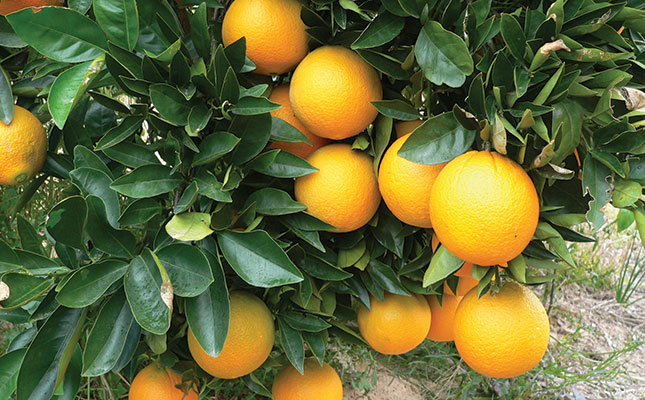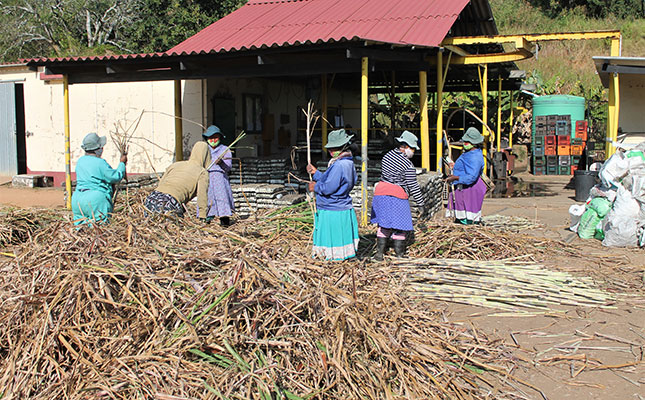
According to a statement issued by the European Parliament, the MEPs wanted more stringent rules and checks to especially prevent citrus black spot fungus and false codling moth from entering the EU via imports, including citrus from South Africa.
“We cannot apply a wait-and-see approach, nor can we stand idly by when the EU Commission is not doing enough to protect us from diseases such as citrus black spot and citrus canker,” said Clara Garcia, a MEP representing Spain.
She said in the European Parliament’s statement that the proposed actions based on scientific opinions of the European Food Safety Authority and of the European and Mediterranean Plant Protection Organisation.
To prevent citrus black spot from entering the EU, exporting countries – including SA – will have to prove that at least 600 fruit per 30t was free of the disease before being packaged for export to the EU. When these batches reach a point of entry into the EU, at least 200 fruit per 30t will be inspected for citrus black spot.
Citrus fruit that could carry false codling moth larvae should undergo cold treatment – of 24 days in 0,55˚C, with three days precooling – or equally effective treatment before being imported into the EU, said the European Parliament.
Deon Joubert, special envoy, EU market access, for the Citrus Growers’ Association of Southern Africa (CGASA), said that these proposals seemed to be based on political motives for some citrus industries in Southern Europe and that the proposals were not based on scientific research.
“South Africa is not the main perpetrator here and has extensive experience in dealing with citrus black spot and with false codling moth in citrus, and we have showed remarkable improvement in risk mitigation on both vectors over the past 3 years. These measures have, and will, continue to mitigate the risk of these threats getting to Europe. It would not be in our interest to allow our fruit to reach the EU with citrus black spot and false codling moth because consumers there would no longer want it,” Joubert told Farmer’s Weekly.
The CGASA explained that having to chill fruit to kill false codling moth would ruin its flavour. The SA citrus industry preferred to take proactive measures to manage this pest well before the fruit was packaged for export.
“It seems that we are being made a convenient scapegoat for structural issues in the EU with which we have a lot of sympathy, especially the Southern Europe citrus growers. Eliminating South African citrus from the EU by citing the sudden danger in long-existing vectors that, in over 100 years have never established in the EU, will not solve the current economic problems faced in the EU’s citrus production areas,” Joubert said.
SA currently exports around 700 000 tons of citrus to the EU annually.











